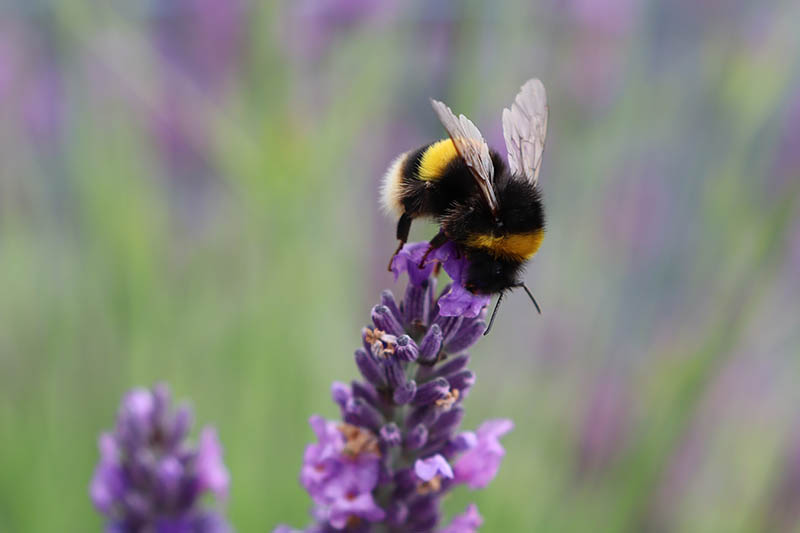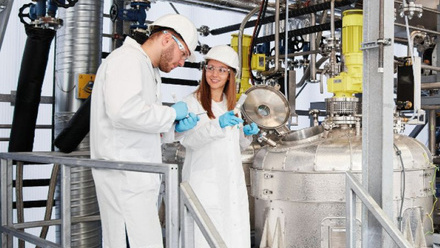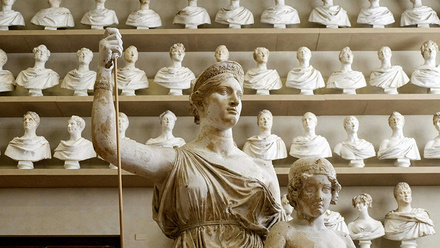Honeybees could inspire the future of AI
The brain of honeybees could be reverse-engineered to aid the design of robots and autonomous machines, according to research published by the University of Sheffield, UK, and Macquarie University, Australia.

Researchers trained 20 bees to recognise five flowers tagged with varied colours representing different properties. The artificial flowers were blue – containing sugar syrup; green – containing tonic water that the bees dislike; and the remaining colours – some of which had glucose.
A further test saw a custom-designed garden with flowers containing only distilled water. Each bee was filmed to track their path and timed to see how long the decision to visit each flower took. On average, the bees decided in 0.6 seconds and were confident whether a flower would have food or not.
Dr HaDi MaBouDi, from the University of Sheffield’s Department of Computer Science, marvels at their decision-making, ‘Each time a bee sets out to collect nectar, for example, it must use tiny variations in colour or odour to decide which flower it should land on and explore. Each mistake is costly, wasting energy and exposing the insect to potential dangers. To learn how to refine their choices through trial-and-error, bees only have at their disposal a brain the size of a pinhead, which contains fewer than a million neurons. And yet, they excel at this task, being both quick and accurate.’
This led to the basis of a computer model being built, replicating the bees’ decision-making process. Dr MaBouDi continues, ‘We can now use these to design better, more robust and risk-averse robots and autonomous machines that can think like bees – some of the most efficient navigators in the natural world.’
Professor Andrew Barron, from Macquarie University, expands, ‘A robot programmed to do a bee’s job would need the back-up of a supercomputer.’
Professor Marshall, of the University of Sheffield, who was also part of the study, says, ‘This biology can inspire the future of AI'.
The paper was published in eLife, is Open Access and available here.







